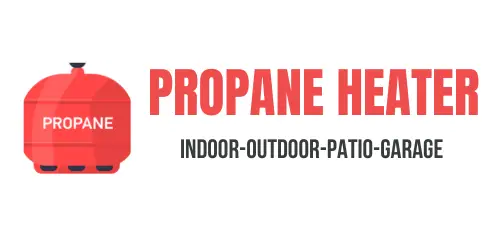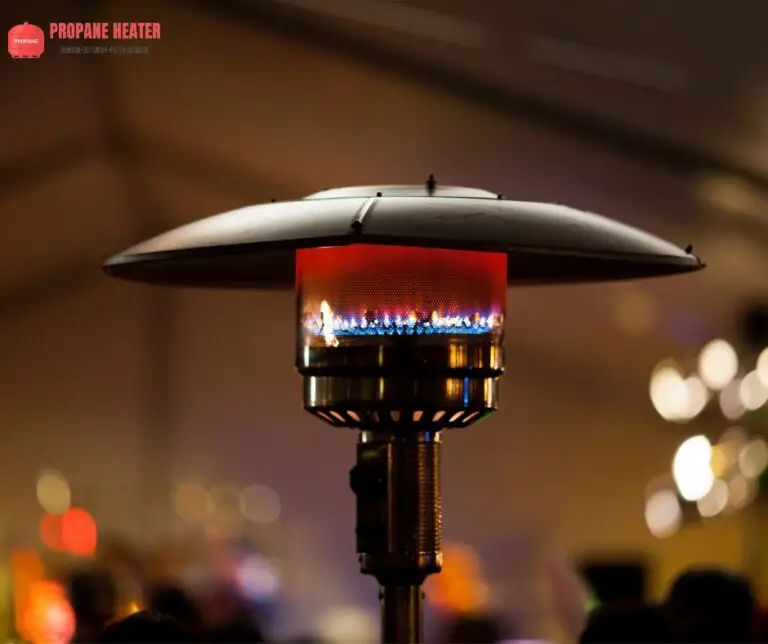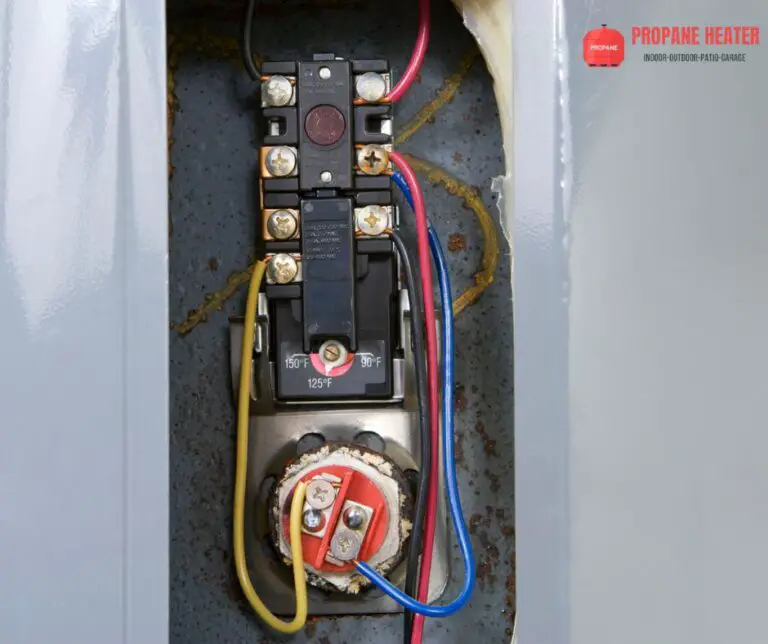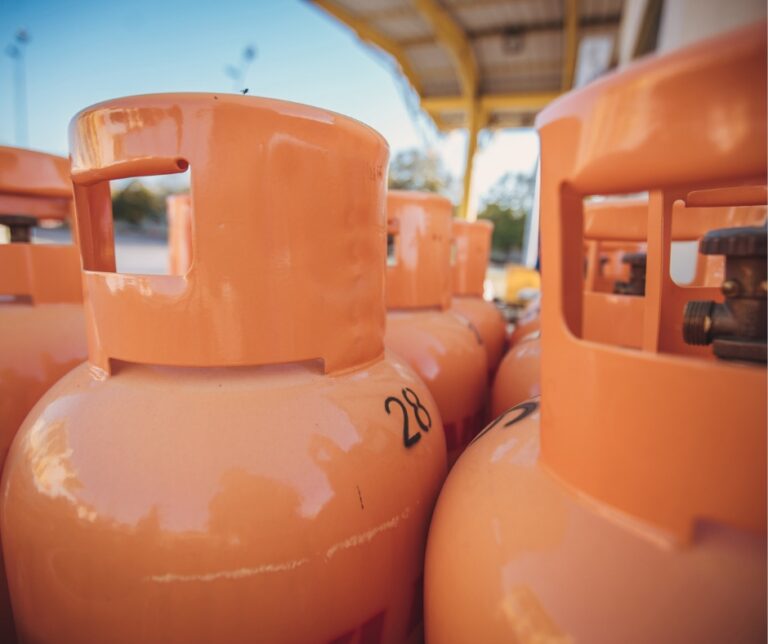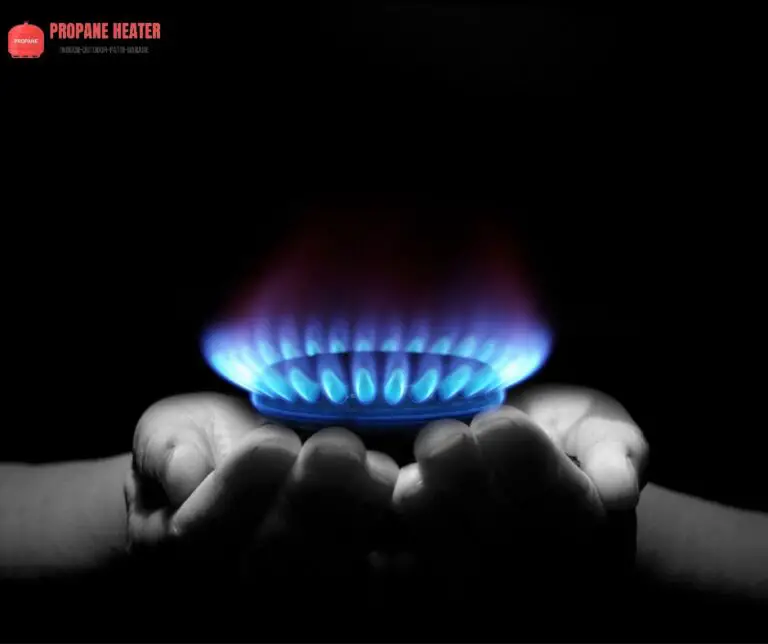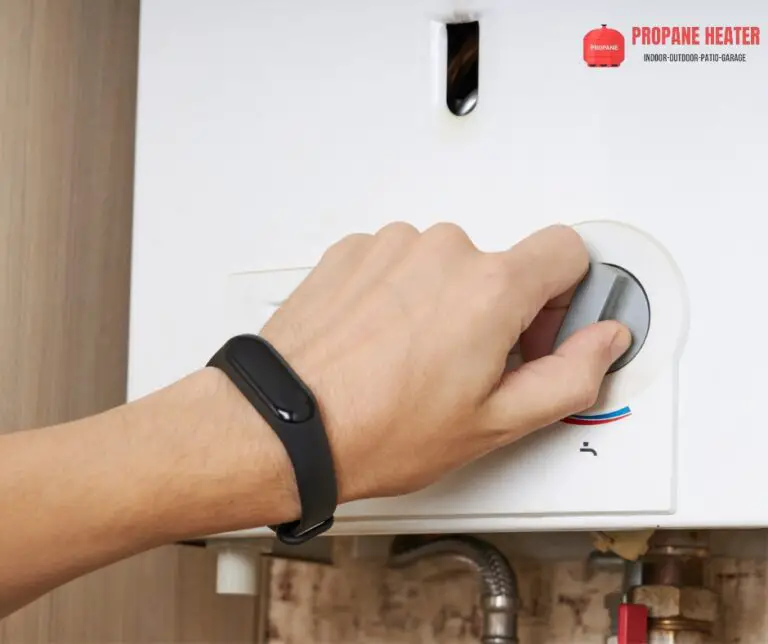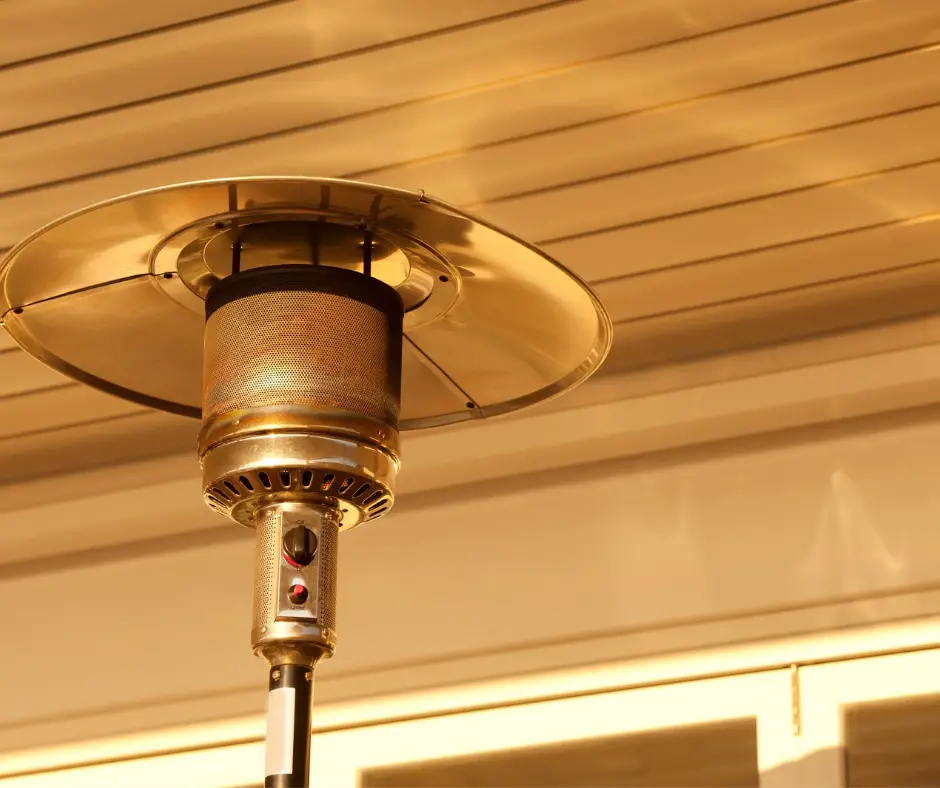
While cutting wood, turning a piece of lumber on the band saw, or even painting a project in your art studio, there are often when you need some way to keep your space warm.
We often see propane heaters in far more flammable environments than a wood shop, such as workshops where metal is being cut.
If you’re a woodworking newcomer, then the phrase propane heater is probably causing you some concern. You might wonder: Is a propane heater safe in a woodworking shop?
The last thing you want to do is use a propane heater in your woodworking shop. Propane heaters are not safe for indoor spaces, especially if you have any sort of flammable materials around.
The basic problem with propane heaters is that they’re made of metal, which means they can easily overheat and ignite when exposed to sparks or flames from cutting tools.
Accidental contact with the hot surface of the heater could even cause these sparks, so it’s important to keep them out of reach and away from anything that might cause a spark (like sharp tools).
We often used propane heaters outdoors, where there aren’t many hazards present other than weather like rain or wind gusts that could knock over the heater
On the other hand, a propane heater can be safe in a wood shop if used properly, but there are some risks that come along with using it.
The first thing you need to do is make sure that your shop has adequate ventilation. If you don’t have good ventilation, the fumes from the propane can build up and become dangerous. You also need to make sure that your propane heater doesn’t run out of fuel, which could lead to a fire if it’s not refilled in time.
One way to ensure safety is to keep your propane tanks outside of the shop and away from any potential sources of ignition (such as sparks or flames). This will prevent any accidents from happening while you’re working in the shop.
Another important thing to consider when using a propane heater in your woodworking shop is which type of unit you should use.
Some models require electricity or natural gas to operate, while others are completely portable and operate on battery power or liquid fuel like gasoline or diesel fuel instead of propane gas cylinders.
Are Propane Heaters Safe in a Garage?
Propane heaters are very safe if used properly, but there are some safety concerns you should know.
Remember that even if you follow all the manufacturer’s instructions, there are always risks associated with using a propane heater.
Here are some tips to keep in mind when using a propane heater:
Make sure your propane tank is not near anything flammable, such as oil or grease, paint thinner or other flammable liquids. If it does leak, these liquids could ignite from the heat from the leaking gas.
Never use an extension cord with a propane heater because it could overheat and cause a fire. Always use an approved cord designed for outdoor use.
If you cannot find one at your local hardware store, contact your local electrician to have an outdoor grounded extension cord custom-made for you.
You also need to make sure that you have enough power outlets in your garage so that you can plug in multiple appliances at once tripping no circuit breakers or fuses.
Are Propane Heaters Safe for Indoor Use?
Propane heaters are an excellent option for indoor use, especially if you live in a cold climate. They’re safe and efficient, and they provide instant heat. It’s important to use a propane heater correctly, however.
Propane is considered one of the safest fuels available, but only when it’s used properly. Propane is heavier than air, so it will pool at the bottom of your home if not vented properly.
If propane leaks into your home, it could cause a fire or an explosion. To prevent these problems and keep everyone safe, follow these tips:
Buy a propane heater that Underwriters Laboratories (UL) has approved. This approval means that the manufacturer tested their product for safety and quality standards before putting it on the market.
Check with your local gas company before you buy any type of heater. Your local gas company may have restrictions on how much fuel you can store in your home or how much space you have for the installation of a tank outside your home.
Inspect your heater before using it for the first time after purchase or delivery from the store or contractor who installed it for you.
How Much Ventilation Do You Need for a Propane Heater?
The answer is that you need enough ventilation to keep your room at a comfortable temperature. In general, this means that you should have enough ventilation so that the fresh air coming in is as cool as the air being heated.
If you have a propane heater that runs on natural gas, you’ll want to make sure your gas outlet is vented outside, where it won’t pose a fire hazard or cause carbon monoxide poisoning. If your propane heater doesn’t have an external vent, then make sure you have adequate ventilation in your room.
It’s best to install a window fan in your bedroom and run it whenever the heater is running. The window fan should be set up so that it pulls air from outside into your room; this will provide fresh air while making sure that any smoke or other pollutants are drawn out of your home.
If you don’t have access to an outdoor outlet for venting purposes (for example, if your home has been built without one), then you should use an indoor exhaust system instead of a window fan.
Conclusion
If you’re going to use a propane heater in a woodworking shop, be sure to take the necessary precautions, such as setting the heater on a sturdy table that’s less likely to tip than a desk.
You should also keep it away from flammable materials, such as stacked lumber or your finish supplies, and be sure that there’s enough ventilation to dispel any noxious fumes.

I am Richard A. Jackson man behind propane heating solution, An HVAC expert working as a team lead of the heating department, Provide services all over the USA (around all major cities), and from planning to implementation, you will get all your solution here. We provide various tanks (propane and other natural gases) and deal with disposable waste.
